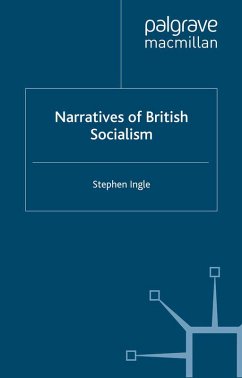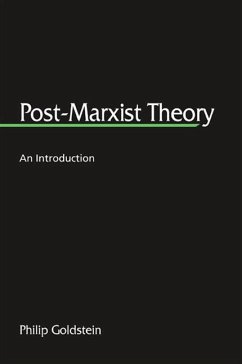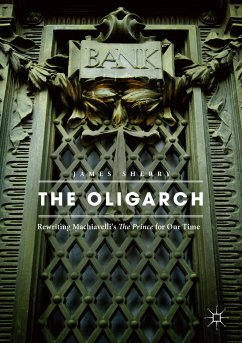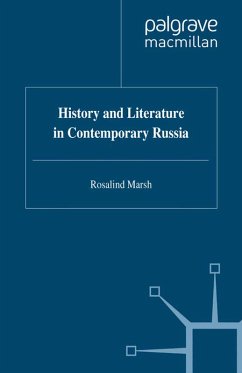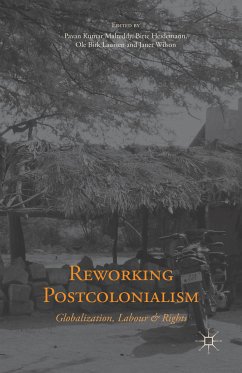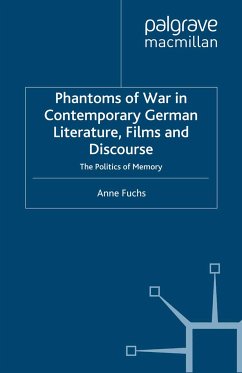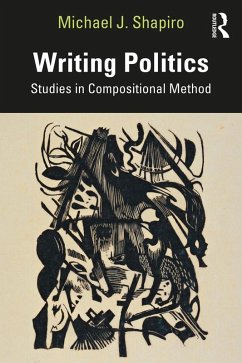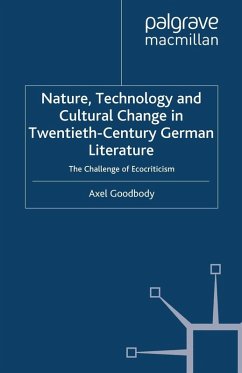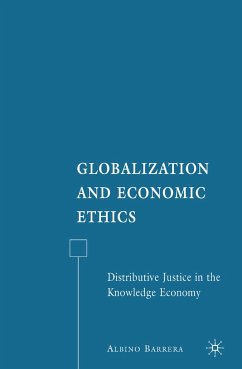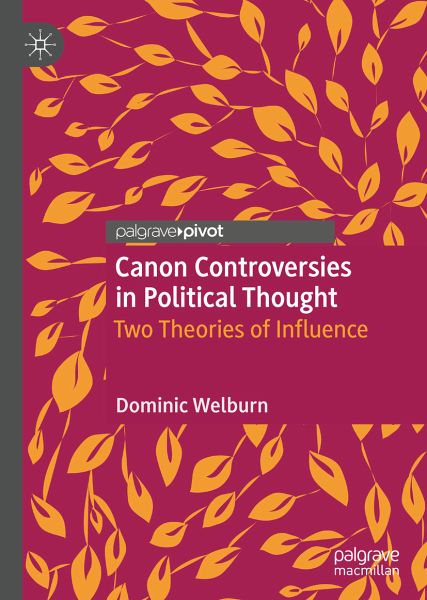
Canon Controversies in Political Thought (eBook, PDF)
Two Theories of Influence
Versandkostenfrei!
Sofort per Download lieferbar
40,95 €
inkl. MwSt.
Weitere Ausgaben:

PAYBACK Punkte
20 °P sammeln!
This book explores the meaning of 'influence', which has played a central role in the formation of the canon, or tradition, of Western political thought. Via a critical overview of the relative fortunes of influence studies in the history of political thought, literary theory, and - at times - the history of art and poetry, it is possible to identify a dominant theory of the term. Nietzschean and 'emanational' in nature, thanks largely to the work of Harold Bloom, this particular theory views influence as mere power and represents a broadly accepted meaning in twentieth century thought. Canons...
This book explores the meaning of 'influence', which has played a central role in the formation of the canon, or tradition, of Western political thought. Via a critical overview of the relative fortunes of influence studies in the history of political thought, literary theory, and - at times - the history of art and poetry, it is possible to identify a dominant theory of the term. Nietzschean and 'emanational' in nature, thanks largely to the work of Harold Bloom, this particular theory views influence as mere power and represents a broadly accepted meaning in twentieth century thought. Canons or traditions of thought came to be institutions in themselves reflecting prevalent social and political inequalities. To be sure, a theory of influence as power came to be seen as complicit in arbitrary canon formation, across a range of disciplines. The book argues, ultimately, that a second theory of influence, imported from Mary Orr's work on intertextuality, affords a rival perspective and amore positive, intergenerational meaning of influence. Orr's 'braided rope' theory of influence allows for the development of a plurality of canons each capable of constructing new histories for a variety of epistemic communities. The existence of agonistic, rival canons presents pedagogical questions for all teachers of political theory, but one that can be potentially navigated by a new understanding of influence, in the Orrian tradition.
Dieser Download kann aus rechtlichen Gründen nur mit Rechnungsadresse in A, B, BG, CY, CZ, D, DK, EW, E, FIN, F, GR, HR, H, IRL, I, LT, L, LR, M, NL, PL, P, R, S, SLO, SK ausgeliefert werden.



